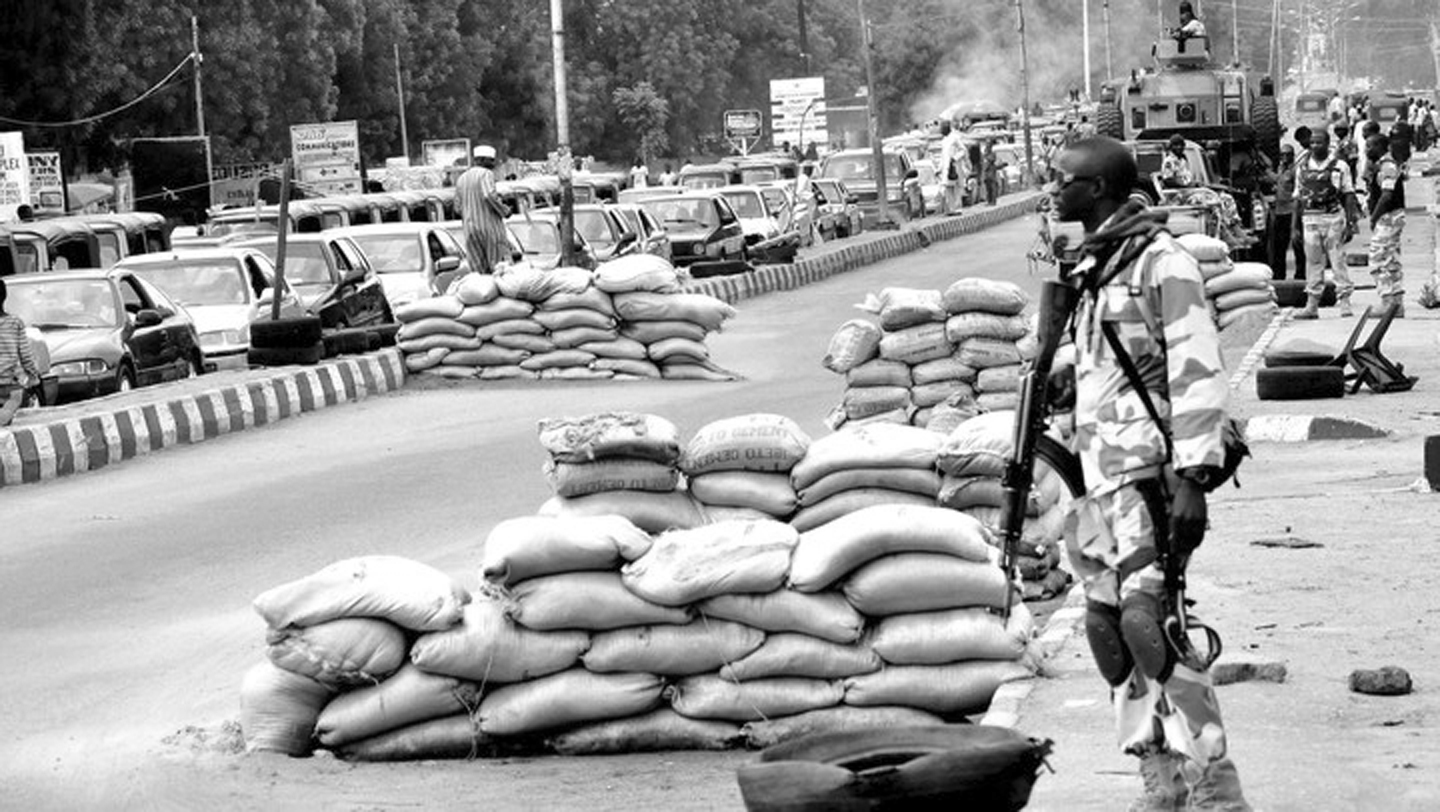Analysis – A look at Nigeria’s security situation
17th January 2017

Last year, Nigeria’s security situation raised a lot of concern. There were surges in cattle rustling, attacks by pastoralists on farming communities, oil theft related violence, and attacks on oil facilities in the Niger Delta region. The Boko Haram insurgency, after a brief lapse, witnessed an increase in suicide attacks, and attacks on military units. All these, and other adventures, ensured that Nigeria’s security apparatus had their hands full all year.
This report contains the total number of events with fatalities in the various mentioned conflicts, which we have been able to verify. It is worth noting that the casualty figures we were able to verify are significantly less than the figures that have been given by the media and various interest groups. We curated attacks and fatalities from those attacks in three categories of security challenges in 2016.
- Boko Haram Insurgency
- The pastoral conflict, involving cattle rustling and attacks by Fulani herdsmen
- Niger Delta Oil Militancy
The key findings were as follows:
Boko Haram remained the most active threat in terms of number of attacks. However, the tide has shifted and 75% of the fatalities in the Boko Haram insurgency are now Boko Haram fighters themselves. The average number of fatalities per Boko Haram attack has been significantly reduced to 17, implying a reduction in the fighting capabilities of the terrorists.
The pastoral conflict is the most deadly threat, with with 470 victims killed as a result of cattle rustling, and 1,425 killed in attacks involving Fulani herdsmen. The average number of fatalities per attack was high at 30 deaths per attack by Fulani herdsmen, while the average for cattle rustling stood at 39 per attack. There were four times as many attacks on communities by herdsmen than incidents of cattle rustling. Unlike the Boko Haram insurgency, the majority of the deaths in the pastoral conflict are not the belligerent herdsmen, but residents of the attacked communities.
While there were a significant number of Niger Delta militant attacks on oil facilities, the average number of fatalities per attack was the lowest, at 3 per attack.
Nigeria’s reaction
The reaction of the Nigerian state to the pastoral conflicts in particular, brings to the fore the question of what value the state places on citizens’ lives. We had, in 2016, multiple situations where some groups killed other Nigerians with impunity, justified their murders openly, and the government did little or nothing to punish the killers or put an end to the killings. The number one thing that legitimises a government is the ability to protect the life of its citizens. The Nigerian state appears more interested in revenue, than in human life. President Buhari had in his first full budget, slashed the allocation to the Presidential Amnesty Programme. This year, he has tripled the allocation to the programme following the unrest in 2016. While cutting off funding to the programme suddenly at the start of 2016 was a grave tactical error, we fear that throwing more money at it is an even worse mistake.
Unfortunately, the response from the government and the security institutions do not demonstrate a clear understanding of the worsening situation. Rather, they show a tepid desire and will to pursue the protection of Nigerians from threats, except for threats that can directly harm the state’s main interest- maintaining the flow of crude oil.
This apathy on the part of the state has emboldened especially, the herdsmen; and that has the ripple effect of angering other communities, forcing them to consider violence as a viable option. The apparent success of the violent herdsmen and oil militants in their rampaging endeavours, has granted increasing legitimacy to their methods amongst those who might have once opposed such violence within their ranks and beyond.
It is dangerous to refuse to acknowledge this, as our recent experience with Boko Haram has shown. It takes only a little nudge forward for what we see as marauders of civilian targets to begin to take on whole army formations. By that time, it will be a lot more difficult to defeat them, at a considerable cost in men, finances and logistics to the Nigerian state.
Download the report (12 pages)

